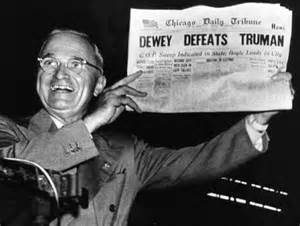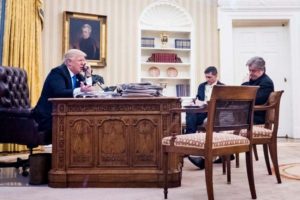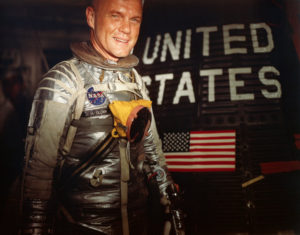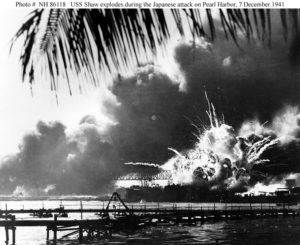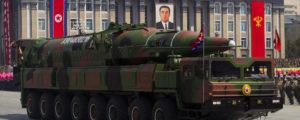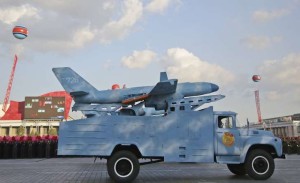Donald J. Trump seems to have a fascination with ham-fisted dictators. He relishes praise that comes from the likes of Russia’s Vladimir Putin and says he’d be “honored” to meet with North Korea’s Kim Jong Un “under the right circumstances.”
Let’s set aside the Putin “bromance.” Kim Jong Un doesn’t deserve the attention of the president of the United States.
Former Secretary of State Madeleine Albright has counseled the president to avoid any temptation to sit across a negotiating table with Kim Jong Un. I believe Albright is correct.
North Koreans are starving while Kim Jong Un is squandering resources to build his military machine. Albright said it is wrong in the extreme for the U.S. president to talk to this guy, who’s also threatening potential nuclear attacks on South Korea and possibly Japan.
Trump already has referred to Kim as a “smart cookie,” which isn’t exactly the kind of description a president would apply to the leader of a nation that is still technically at war with his neighbor to the south; North and South Korea, you see, never agreed to a peace treaty when the shooting stopped during the Korean War, a conflict that cost more than 40,000 U.S. lives.
“Smart cookie,” my backside.
As for the “honor” the president would feel if he could meet with Kim under the correct circumstance … don’t go there, Mr. President.
Trump has boasted about his ability to make “great deals” as he seeks to meld his business acumen with his conduct of foreign and domestic public policy. Thus, Trump reckons that he can talk Kim Jong Un into a more reasonable posture in East Asia.
The president’s record of non-achievement — just a little more than 100 days into his presidency — suggests to me that he needs to rethink that particular talking point.

